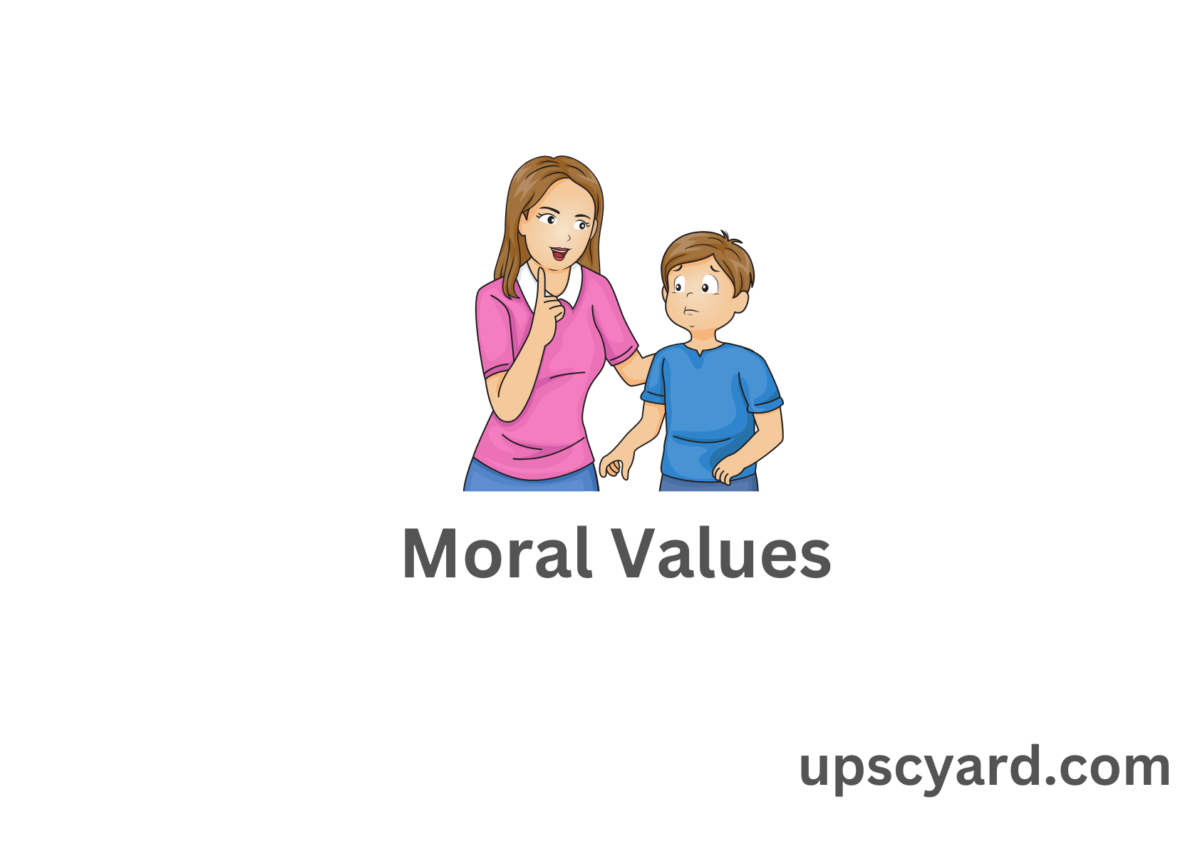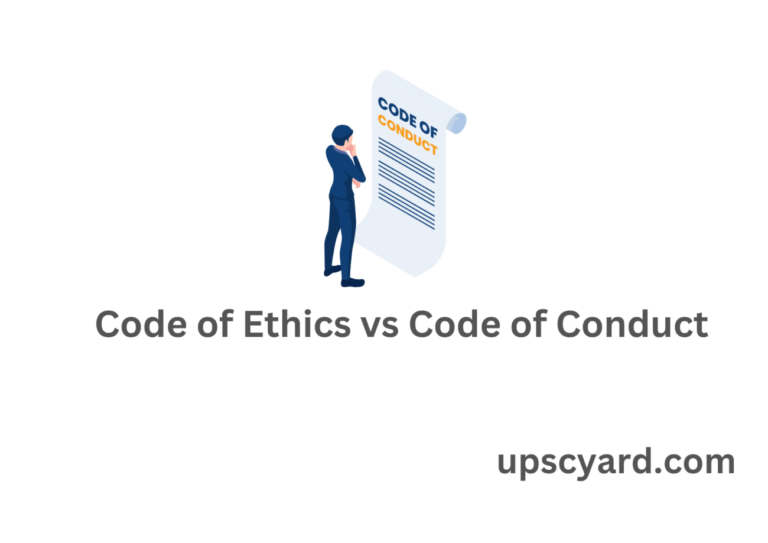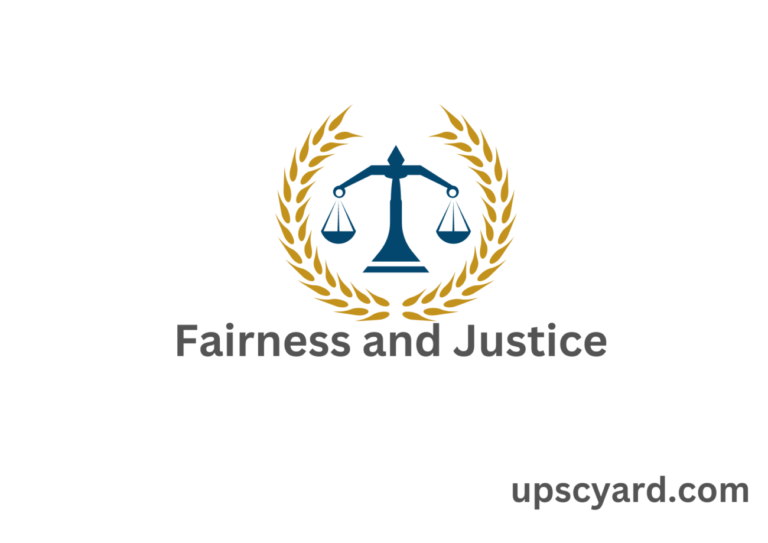Moral Values
Moral values are one basis on which we make decisions–right or wrong? good or evil? Other bases are
financial, convenient, aesthetic (an artist), arbitrary (flipping a coin), physical/health, rational (investigating
a product before buying).
Individual morality
This provides the basis of decisions of and judgments by the individual: honesty, loyalty, good faith, being responsible
Social morality
Social morality is the basis for creating laws and regulations that govern society and influence individual behavior. It revolves around the concept of fairness and considers whether certain actions pose a threat to the well-being of the community.
Individual morality and social morality may conflict.
Is the free downloading/sharing of music
from the Internet a copyright violation? Is using text downloaded from the Internet without footnotes in
student papers plagiarism? Should the government regulate non-harmful sexual acts by consenting adults in
their own homes or adults reading pornography at home?
Moral Values/PRINCIPLES APPLYING TO OR APPLIED BY SOCIETY
Social Justice:
While there is a general consensus about the importance of social justice, there exists a wide range of opinions on what social justice truly entails.
Individual Rights:
In our country, the Bill of Rights guarantees citizens their “inalienable rights,” such as freedom of speech, religion, and assembly. Numerous theories have been proposed to justify the existence and protection of individual rights.
The General Welfare:
Each level of government has the responsibility to promote the general welfare. However, the type of government that can achieve this, the methods it should employ, and what specifically constitutes the general welfare remain subjects of debate.
Pluralism and Freedom:
In contrast to the previous principles that advocate for governmental action, pluralism and freedom discourage extensive government involvement and tend to mutually support each other.
In a pluralistic society, a strong central government is replaced by numerous independent sources of power and action, ensuring that no single institution wields absolute control over others. The U.S. government, with its three branches and system of checks and balances, embodies this principle.
The principle of freedom grants individuals the liberty to pursue their goals in their own unique ways, with minimal government interference or restrictions.




